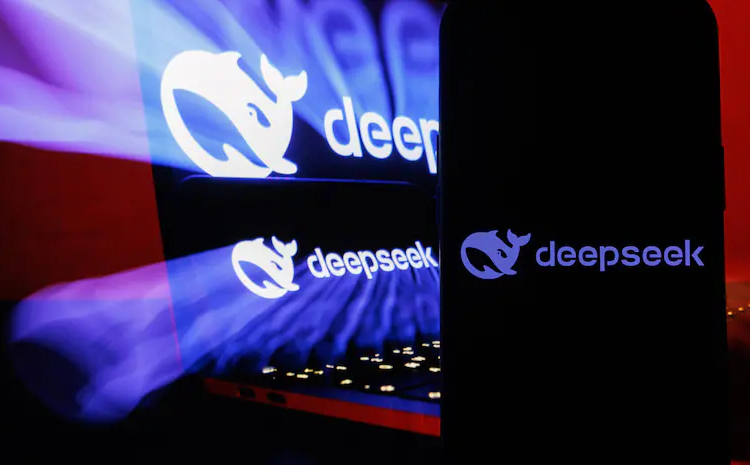
In a significant move towards enhancing user connectivity, Meta has announced upcoming changes to its popular messaging platforms, WhatsApp and Messenger. These updates are driven by the European Union’s Digital Markets Act (DMA), which mandates that major tech companies facilitate interoperability with third-party messaging applications. This initiative is set to reshape the way users communicate across different platforms, fostering a more unified messaging experience.
Understanding the Interoperability Requirement
The Digital Markets Act aims to prevent “gatekeepers” — the largest tech companies — from favoring their own services over those of competitors. As a response to these regulations, Meta is taking proactive steps to ensure that WhatsApp and Messenger can seamlessly interact with various third-party chat applications. This not only enhances user choice but also promotes healthy competition in the messaging space.
User-Centric Features and Notifications
One of the most exciting aspects of these changes is the introduction of new notification systems. Users will be alerted whenever a third-party service becomes available for integration. This feature empowers users to decide which messaging apps they want to connect with, offering the flexibility to receive messages in either a dedicated inbox or a combined chat experience alongside their existing conversations.

Rich Messaging Capabilities
Meta is not just stopping at basic text interactions. The updated platforms will support rich messaging features for third-party chats, ensuring that users can engage in a dynamic and interactive way. Users will be able to react to specific messages, see real-time typing indicators, and receive read receipts, enhancing the overall communication experience.
Looking Ahead: Future Features
The roadmap for these updates is ambitious. By next year, users will have the capability to create group chats that include participants from other messaging platforms. Furthermore, Meta plans to roll out voice and video calling features by 2027, allowing users to connect with friends across different apps effortlessly.
A Gradual Rollout
It’s important to note that the introduction of these interoperability features will be gradual. Users will begin to see options for third-party chats as soon as those services have developed and tested the necessary technology to ensure a secure and positive user experience. This means that while integration will expand over time, not every messaging app will be available immediately.
Meta’s efforts to enhance WhatsApp and Messenger through interoperability mark a significant shift in the messaging landscape. By embracing the principles set forth by the Digital Markets Act, Meta is not only complying with regulatory requirements but also prioritizing user choice and connectivity. As these features roll out, users can look forward to a more integrated, feature-rich messaging experience that transcends the limitations of individual platforms. This initiative is poised to change the way we communicate, making interactions smoother and more efficient across the digital ecosystem.







